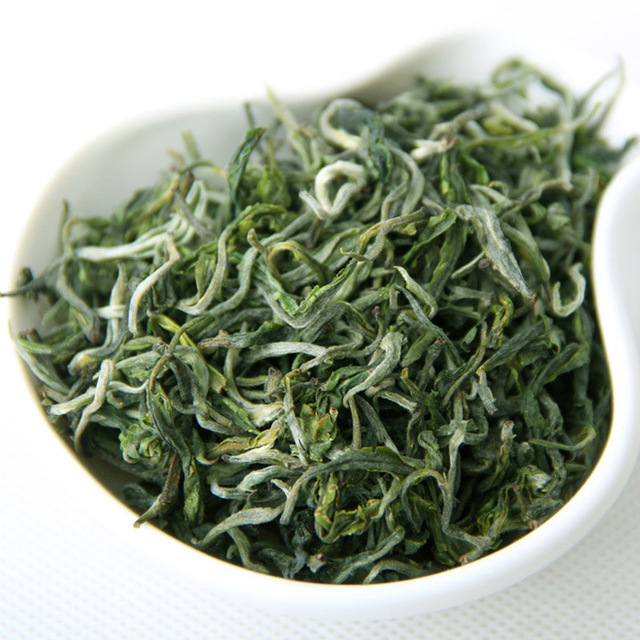Traditional Chinese medicine views the human body as a holistic system, where organs and systems interact closely. The spleen, as a key member of this system, is crucial for overall health. However, modern fast-paced lifestyles and poor eating habits are quietly eroding spleen health, leading to the problem of “Spleen Qi Deficiency.” Statistics show that Spleen Qi Deficiency is widespread in modern society, affecting almost nine out of ten individuals, highlighting the importance of addressing this issue.
Symptoms of Spleen Qi Deficiency vary but commonly include: – Digestive system disturbances manifesting as poor appetite, abdominal bloating, and loss of interest in food. – Easy fatigue, lack of energy, due to impaired spleen function in regulating energy metabolism, leading to decreased efficiency in converting food energy. – Edema, especially in the lower limbs, resulting from imbalanced water metabolism leading to fluid retention. – Weakened immunity, increasing the risk of common ailments like colds and coughs.
In the face of Spleen Qi Deficiency, timely care measures are essential: – Dietary adjustments: Maintain a regular diet, avoid overeating, choose spleen-nourishing foods like Chinese yam, poria cocos, and red dates, reduce alcohol and spicy, greasy foods. – Moderate exercise: Engage in activities like jogging or tai chi to strengthen spleen and stomach functions, paying attention to exercise intensity to prevent excessive fatigue. – Medication assistance: In severe cases of Spleen Qi Deficiency, consider traditional Chinese medicine, such as Shen Ling Bai Zhu San, following medical advice. – Emotional management: Maintain a positive attitude, reduce stress and negative emotions, which also benefit the spleen and stomach. – Acupressure massage: Stimulate specific acupressure points like Zu San Li to improve digestion and enhance spleen-stomach function.
Prevention of Spleen Qi Deficiency is equally important: – Maintain regular sleep patterns, avoid staying up late to ensure organs get sufficient rest. – Balance diet, focus on nutrition and digestion, limit alcohol and stimulating foods. – Moderate exercise to promote overall health. – Regular check-ups to detect and intervene in potential health issues early.
In conclusion, by following these methods, we can effectively address Spleen Qi Deficiency and promote overall health and balance in the body. Paying attention to spleen health in daily life makes health a normal part of living.


